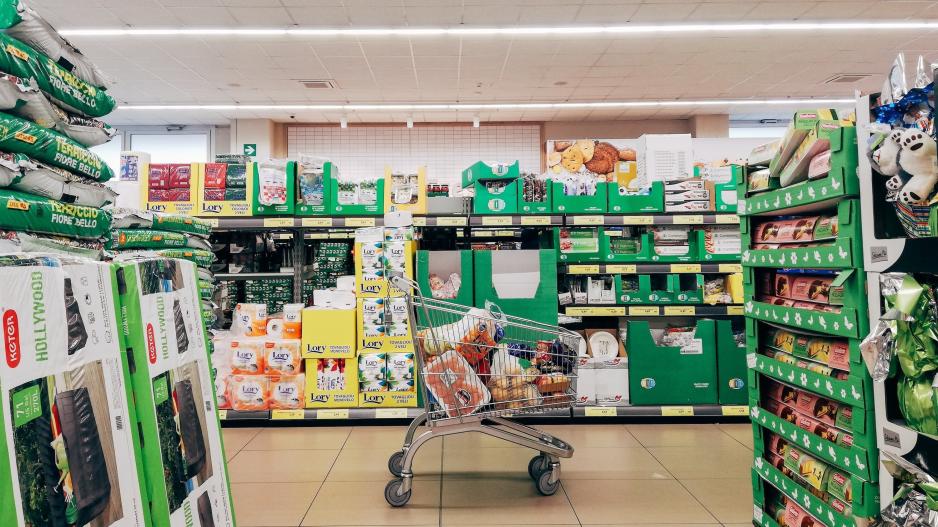Clash of Views: Consumer Association vs. Consumer Protection Agency on Zero VAT Impact
Consumer Association finds 83% of products pricier than expected; CPA claims 75% see no increase post-zero VAT
The Cypriot Consumer Association claims that three months after the introduction of a zero VAT rate, prices for 83% of products were higher than consumers had anticipated. The detailed findings revealed significant price disparities:
-
In July 2023, 21% of products subjected to the zero VAT rate had prices higher than in April, prior to the VAT rate change.
-
Furthermore, 27% of these products saw higher prices in July 2023 compared to May 2023, following the imposition of the zero VAT.
-
The association also highlighted that a staggering 83% of products, which adopted the zero VAT rate, had their prices in July 2023 exceed the expected prices of May, compared to the prices in April 2023.

On the other hand, the Consumer Protection Agency, under the Ministry of Labor, states that the zero VAT measure introduced earlier this year has been largely successful. As the Agency says, contrary to certain public sentiments, for 75% of the products that were subjected to this measure, there hasn't been any price increase since its implementation in May.
As a refresher, the government began enforcing a zero VAT rate on May 5, 2023, specifically targeting seven essential product categories: Bread (previously at 5% VAT), milk (5%), eggs (5%), baby foods (5%), infant diapers (19%), female sanitary products (5%), and adult diapers (19%).
The CPA's evaluation from May 5th onward suggests a significantly positive impact benefiting consumers at large. This is based on the agency's market monitoring where they regularly record the prices of 65 high-consumption products, under the zero VAT measure, across nine major supermarkets representing 58 sales points nationwide. According to their latest data, product prices in these supermarkets have remained the same or even dropped in 75% of cases, when compared to prices recorded two days before the zero VAT implementation.
Furthermore, despite some products showing a rise in prices, many of these increases have been absorbed by businesses in an attempt to stabilize prices, the Agency claims.
In addition, CPA states that "Despite importing most of its products, Cyprus has commendably managed to keep inflation rates for food and non-alcoholic beverages at a satisfactory level, around 10%, in comparison to other European Union countries.
Recent interactions between the Ministry of Commerce and major suppliers and supermarkets have highlighted their concerted efforts to stabilize prices in these categories. These businesses have actively absorbed cost increases, demonstrating a dedication to maintaining prices for the consumers' benefit.
The government, prioritizing the well-being of its citizens, is implementing measures wherever possible to provide immediate financial relief to consumers, especially in the face of prevailing challenging economic conditions. A key initiative in this regard is the zero VAT rate on essential goods. The Ministry of Commerce views this measure as significantly beneficial, especially for families with young children. Without such a measure, consumers could be paying up to 5% or even 19% more for products in the aforementioned categories."






